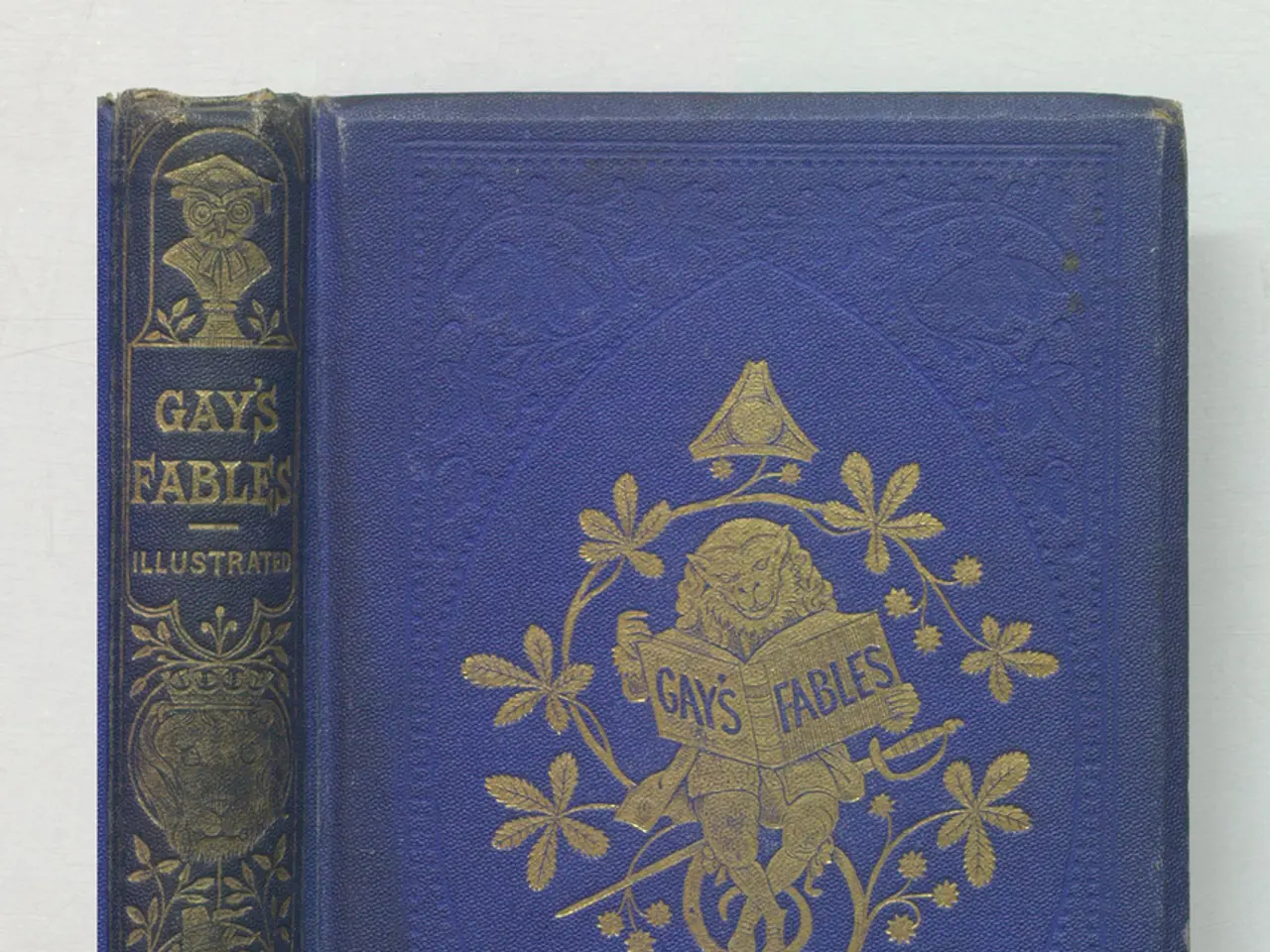Advocacy for Instruction on LGBTQ+ Issues in Academic Settings
The debate around LGBTQ+ education in schools continues to be a hot topic, with many voices weighing in across the nation. At the heart of the argument for its inclusion are the benefits it brings to fostering inclusivity, improving mental health outcomes, and promoting empathy among students.
Brian Wenke, the executive director at 'It Gets Better', an organisation considered a pioneer in the storytelling space for social impact, particularly for empowering LGBTQ+ youth, believes that incorporating the stories of LGBTQ+ people into lesson plans, from K-12, is essential for fostering empathy and acceptance among young people.
Research and expert analyses suggest several positive impacts of LGBTQ+ inclusive education. For instance, a 2023 CDC report reveals that students receiving inclusive sex education, which includes LGBTQ+ topics, feel more connected to their school environment and experience significantly lower rates of depression and bullying. This effect is particularly critical for LGBTQ+ youth, who face heightened vulnerability to mental health challenges and sexual health disparities, especially in regions with restrictive sex education policies.
Inclusive curricula contribute to safer school climates by addressing diversity and normalising LGBTQ+ identities, thereby reducing stigma, discrimination, and bullying of LGBTQ+ students. Exposure to LGBTQ+ content in education encourages understanding and acceptance among all students, not only those who identify as LGBTQ+, helping to build empathy and reduce prejudices by providing a broader perspective on diverse identities and experiences.
Community representation is another significant advantage of LGBTQ+ education. Including LGBTQ+ books and lessons reflects the diversity present in many communities, helping marginalised students feel seen and validated. Schools incorporating books like "Uncle Bobby’s Wedding" or "Born Ready" aim to reflect real-world diversity, contributing to students’ sense of belonging.
Opposition arguments, as reflected in recent Supreme Court rulings, often focus on parental rights and concerns about coercion. Some parents assert they wish to direct the moral and religious upbringing of their children, opposing mandatory participation in LGBTQ+ lessons. The Court has recognised such parental rights by requiring opt-out policies for LGBTQ+ content, emphasising the conflict between educational inclusivity and some families' beliefs.
Despite such controversies, data strongly suggest that LGBTQ+ inclusive education positively impacts students’ mental health and fosters empathy, making schools more supportive environments, especially for vulnerable youth who might otherwise face marginalisation and mental health risks.
Lack of queer representation in children's media and daily life can contribute to kids growing up with negative attitudes towards LGBTQ+ relationships. LGBTQ+ education in schools can help create a more inclusive world where all youth, queer or not, can become closer together as peers. 'It Gets Better', which has been in operation for 15 years and has seen significant growth and evolution during that time, works to circulate stories of LGBTQ+ individuals to help them feel less isolated and to promote empathy and understanding among youth.
In conclusion, the benefits of LGBTQ+ education in schools are manifold and undeniable. It fosters inclusivity, improves mental health outcomes, and promotes empathy among students, making schools safer and more supportive environments for all.
- Brian Wenke, an executive director at the pioneering organisation 'It Gets Better', advocates for the inclusion of LGBTQ+ stories in K-12 lesson plans, asserting that this promotes empathy and acceptance among young people.
- A 2023 CDC report shows that students receiving sex education that includes LGBTQ+ topics feel more connected to their school and experience lower rates of depression and bullying, particularly beneficial for LGBTQ+ youth who face mental health and sexual health disparities.
- An inclusive curriculum reduces stigma, discrimination, and bullying of LGBTQ+ students by normalizing their identities and encouraging understanding among students, thus fostering empathy and reducing prejudices.
- Books featuring LGBTQ+ characters like "Uncle Bobby’s Wedding" and "Born Ready" help marginalized students feel seen and validated, contributing to their sense of belonging in a diverse world promoted by LGBTQ+ education.







